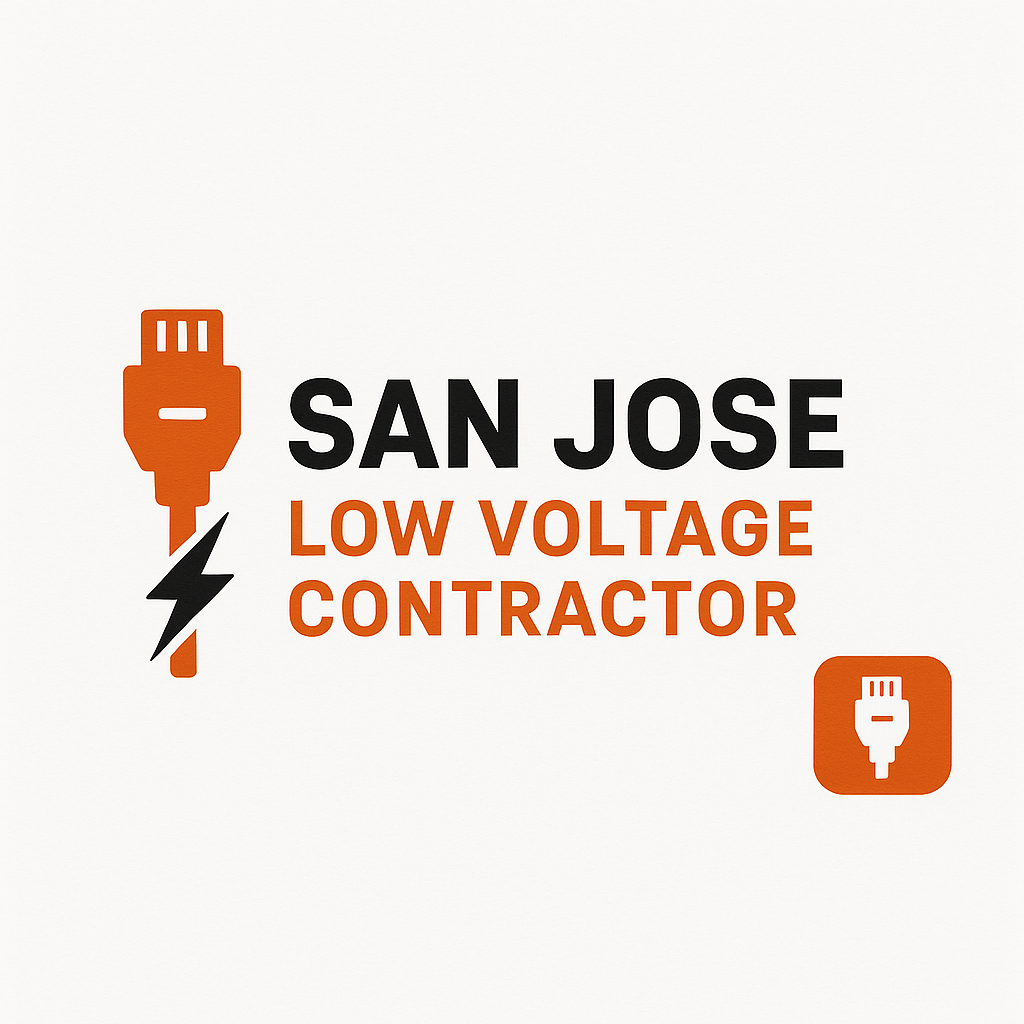How to Get a Low-Voltage (C-7) Contractor License in San José, CA
Low voltage systems are essential to modern infrastructure in San Jose. From data cabling and security systems to home automation and telecommunications, these technologies rely on qualified professionals who understand low voltage wiring. To legally perform this type of work in California, you need a C-7 Low Voltage Systems Contractor License issued by the Contractors State License Board (CSLB).
This guide explains everything you need to know about obtaining your low voltage license in California, including eligibility, experience requirements, the application process, and exam preparation tips.
What Is a C-7 Low Voltage Systems License
The C-7 Low Voltage Systems Contractor License authorizes professionals to install, service, and maintain systems that operate at 91 volts or less. This includes structured cabling, intercoms, CCTV, audio and video systems, telecommunications networks, and low voltage lighting.
Holding this license shows that you have the skills, knowledge, and experience to perform low voltage work safely and correctly. It also ensures compliance with California law, which requires a contractor’s license for jobs valued at more than five hundred dollars in labor and materials.
Why You Need a Low Voltage License in San Jose
- Legal Requirement – California requires all contractors performing low voltage work beyond the threshold amount to be licensed.
- Professional Credibility – A valid license demonstrates your technical competence and builds trust with clients.
- Better Opportunities – Many commercial and residential projects in San Jose require a licensed contractor for insurance and liability purposes.
- Competitive Advantage – Being properly licensed sets you apart from unlicensed competitors and helps you qualify for larger projects.
- Avoiding Penalties – Working without a license can lead to fines, penalties, or loss of future contracting opportunities.
Basic Requirements for a C-7 License
Before applying, make sure you meet the following requirements:
- You must be at least 18 years old.
- You need at least four years of journey-level experience in low voltage systems within the past ten years.
- You must have a Social Security Number or Individual Taxpayer Identification Number.
- You should be familiar with California building codes and electrical safety standards.
- You must pass both the Law and Business Exam and the C-7 Trade Exam administered by the CSLB.
Step-by-Step Process to Get a Low Voltage License
1. Verify Your Experience
Gather documentation that proves your work experience. This can include employment records, W-2 forms, signed verification letters from employers, or proof of completed apprenticeships.
2. Complete the Application
Obtain and fill out the Application for Original Contractor License. Select classification C-7 Low Voltage Systems. Review all instructions carefully and ensure every section is complete.
3. Submit the Application and Fees
Submit your application to the CSLB with the appropriate filing fee. Double-check all details to prevent delays in processing.
4. Schedule and Take the Exams
Once your application is accepted, you will receive a notice to schedule your exams. You must pass:
- The Law and Business Exam, which covers contracts, labor laws, safety, and business management.
- The C-7 Trade Exam, which focuses on low voltage systems, wiring, installation methods, and safety practices.
5. Undergo Background Check and Fingerprinting
All applicants are required to complete a fingerprinting process for state background verification.
6. Provide Bond and Insurance
You will need to file a contractor bond and meet any required insurance coverage before receiving your license.
7. Receive Your License
Once all requirements are satisfied and exams are passed, the CSLB will issue your official C-7 Low Voltage Systems Contractor License.
What to Expect on the C-7 Trade Exam
The trade exam measures your understanding of low voltage principles and safe installation practices. Topics typically include:
- Planning and designing low voltage systems
- Estimating materials and labor costs
- Cable installation and termination methods
- CCTV and audio-video systems setup
- Networking, telecommunications, and data systems
- Testing, troubleshooting, and maintenance procedures
- Job safety and regulatory compliance
To prepare, review low voltage codes, wiring methods, and system configurations. Many applicants also use study guides or practice tests to strengthen their knowledge before the exam.
Maintaining Your License
After obtaining your C-7 license, you must:
- Renew every two years to remain in active status
- Keep insurance and bond information current
- Update your business information with CSLB if you change address or ownership structure
- Follow all building codes and electrical safety laws to avoid disciplinary actions
Tips for Applicants in San Jose
- Start collecting your work experience documents early to prevent delays.
- Take time to study for both the trade and business exams.
- Familiarize yourself with San Jose’s building permit requirements if you plan to operate locally.
- Consider gaining hands-on experience with structured cabling, CCTV, or telecommunications systems before applying.
- Keep records organized and ensure your application is free of errors or incomplete sections.
Common Mistakes to Avoid
- Submitting an incomplete or unsigned application
- Providing vague or unverified work experience
- Ignoring the Law and Business exam
- Assuming the C-7 license allows high-voltage electrical work (it does not)
- Forgetting to renew or update license details with CSLB
Conclusion
Getting your C-7 Low Voltage Systems Contractor License in California is an important step toward building a professional career in San Jose’s growing technology and construction industries. The process involves meeting experience requirements, passing state exams, and maintaining compliance with licensing regulations.
Once licensed, you’ll be qualified to handle a wide range of low voltage projects, from structured cabling to integrated security systems. With preparation, organization, and commitment, you can establish yourself as a trusted, licensed contractor in San Jose and throughout California.
